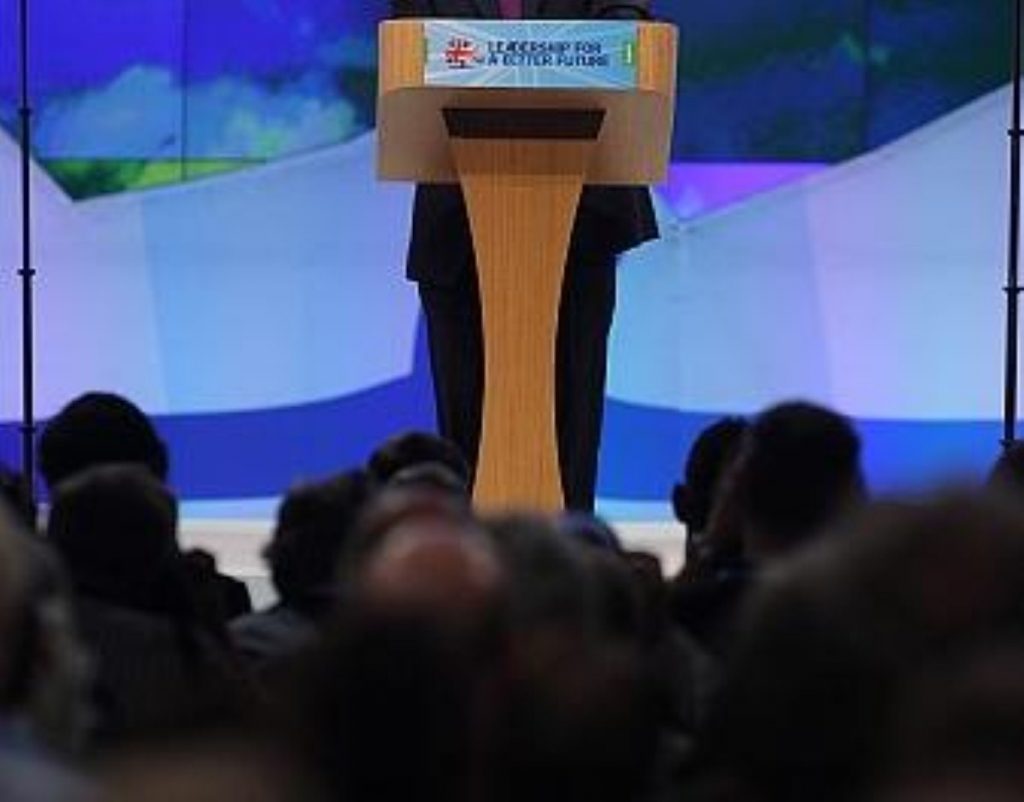Anti-toff A-list ‘failed’ – but should the Tories care?
David Cameron's bid to improve his party's elitist image by introducing an 'A-list' in 2010 largely failed because of his own background, an academic has claimed.
Michael Hill used an article for the Political Quarterly journal to argue the Conservative party's image problem is as much to do with the background of its leaders as it is the diversity of its parliamentary party.
He analysed the background of the Tory party's MPs in a bid to establish whether the view of their leaders as "arrogant posh boys" – as Conservative backbencher Nadine Dorries called them – reflects the party.
Cameron had attempted to rectify the diversity problem by introducing an 'A-list' of candidates in 2010. The initiative achieved some results: 45% of women on the A-list got elected, compared to 17% of female candidates who were not on the A-list.


But it failed to address the question of social elitism which lies at the heart of the Tories' problem. Cameron is a millionaire who went to Eton while Osborne, also a millionaire, is the heir to a baronetcy.
The opposition frequently cites their membership of Oxford University's elitist Bullingdon Club, which London mayor Boris Johnson confronts in an upcoming BBC documentary.
Assessing a photograph of himself, Cameron and other members wearing blue tailcoats, Johnson said: "This is a truly shameful vignette of almost superhuman undergraduate arrogance, toffishness and twittishness.
"But at the time you felt it was wonderful to be going round swanking it up. Or was it? Actually I remember the dinners being incredibly drunken."
Against the backdrop of such images voters' perceptions of the Tory party may be hard to shift, Hill argued.
"The failure of the 'A' list to increase the party's number of working-class candidates bears heavily on the Conservatives' strategy to win an outright majority at the next election," he wrote.
"The party has targeted 36 seats it needs to win from Labour, of which 34 are in urban constituencies. The party therefore needs to win over working-class and BME voters, especially in the Midlands and the north of England."
Many Conservative associations were furious at the A-list, which denied them the opportunity to select candidates based purely on merit.
With the Labour alternative of all-women shortlists clearly unacceptable, Hill argued, Cameron may have no choice but to downplay the issue and hope the Tories can win power in 2015 regardless.
He concluded: "At a time of difficult economic conditions, when the government's austerity measures are giving rise to a widespread view that ordinary people have to bear a heavier burden than the wealthy, the perception that the Conservative party is led by 'arrogant posh boys' may be difficult to shake off.
"The party may simply have to hope that by the time of the next election, an improvement in the economy will render this perception electorally unimportant."

